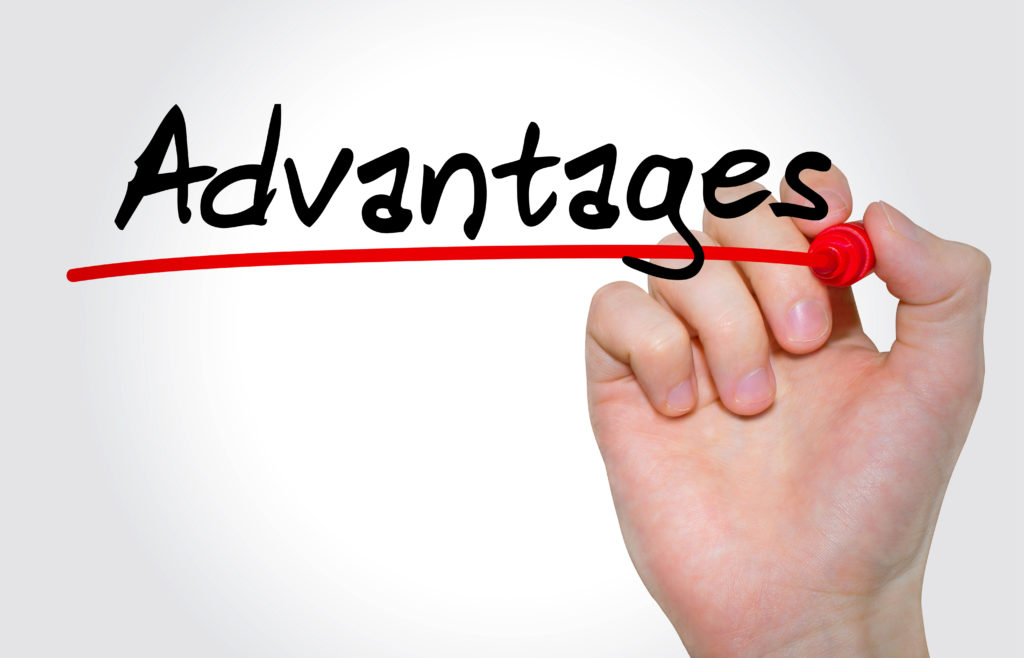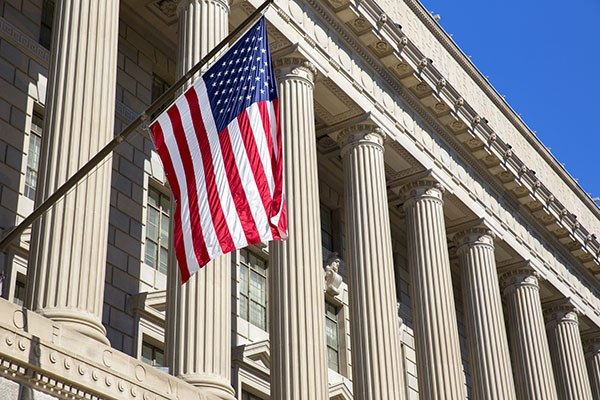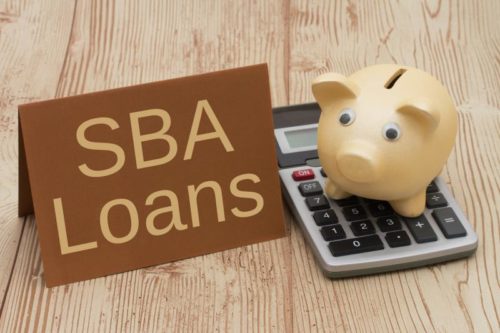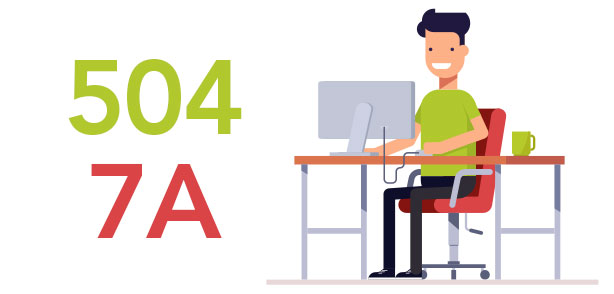Advantages of SBA loans

In recent years obtaining financing for small businesses like SBA loans has been progressively much easier than past years. This is largely in part thanks to a strong growing economy. Also the financing industry having a large amount of liquidity has helped.
Sustainable growth in the franchising sector is credited to the actual franchisees ability to draw in various investors for financing. As history has shown a large portion of the investments are from the franchisees meeting all the requisites for common financing options. For SBA loans it is a whole another story.
The financing options for start ups have a great ally. It takes form in the U.S. Small Business Administration, SBA. It plays a significant role in the early stages of new start ups or small businesses. Furthermore it helps secure much needed capital for the new business owners.
Thus it has become the preferred method for start up operator to secure capital from financial institutions. This preference is due to the fact that if it wasn’t for SBA loans they would find it difficult to qualify for other loans.
Making it an essential small business certification.
SBA’s History

Out of the need for an agency to protect the interests of small businesses in the United States, it was born. The SBA was established by the federal government in 1953. Now a days they sponsor a range of product and informative services that are tailored to U.S. based start ups. The most notable loans bestowed by this program are those obtainable through the secure loan programs.
The SBA partly guarantees small business loans. Approved and taking part by lenders, comparable to banks and finance companies. Guarantees from the SBA participating lenders, allow loans to reach borrowers. Loans that they wouldn’t have access to under standard funding terms and conditions.
SBA loans are credit approved to be funded directly by participating lenders. Largely with Preferred Lenders Program and Certified Lenders Program licenses granted by the SBA. Preferred lenders have a plus to provide quicker credit approvals and loan closings. Since they aren’t needed to get any previous or further credit approvals from the SBA.
What is an SBA Loan?

SBA loans are usually represented as funds obtainable for capital that may contribute to the expansion of a company’s operations. Working capital may be a broad term covering everything from selling and advertising. May even include from hiring to different capital investments.
The SBA doesn’t lend cash on to business owners. Participating banks originate and lend money under the program to qualified applicants. The greatest advantage that SBA loans pose is security provided by the US government.
Be careful not to confuse it with the SBA 8(a) which is a whole other thing.
Who Qualifies for AN SBA Loan?

A business that might qualify for an SBA loan would have the subsequent general characteristics:
- a minimum of 2 years having an incorporated business at the least
- two tax returns showing a business profit (more on this later)
- adequate monetary strength of the business relative to the loan quantity being requested
- personal credit history higher than 690 for every owner within the business (A strong credit report)
- outside collateral in the style of equity in a private residence (sometimes required by mortgage lenders)
Accounting plays a huge role in checking the necessary boxes.
Is An SBA Loan Right for My Business?

SBA Loans are an excellent supply of low value capital for several businesses. If you’ll be able to check all the boxes needed for an SBA Loan, it’s a great way to responsibly leverage your company for growth.
Whether or not an SBA Loan is true for your business has several variables. For example, a well-liked SBA Loan is that the SBA 7(a) Loan. This SBA Loan selection is unremarkably supplied by banks for firms searching for term debt (lump a number of money – assume mortgage) versus revolving credit. While the SBA offers revolving lines of credit below the SBA 7(a) Program, our expertise is that banks don’t offer the revolving loan as wide because the term debt.
If you’re trying to find a revolving line of credit for your business, there are additional versatile and easy loans available.
What Else Should I Know When applying for An SBA Loan?

It is natural for business homeowners to require to reduce the profit they show on their tax returns for tax purposes. This is largely so you can reduce your tax obligations. However this is not good when checking out an SBA Loan.
This is a result of the banks that underwrite the SBA Loan request. So they can look to the tax returns to work out whether or not or not your business will afford the payments of the new Loan. If a company shows little to no profit on their tax returns, the loan is denied.
Types of loans

The 7(a) and 504 loans are the foremost widespread SBA loan programs. The 7(a) loan program is for business loans up to $2 million. Therefore the 504-loan program is for larger businesses. Thus they embrace realty and alternative capital assets comparable to machinery and equipment.
To be the most employed loan product is saying a lot about the 7(a) loan. Also to purchase existing franchise units, purchase smaller & realty properties. Although it may also be for business expansions and partnership buy-outs.
In comparison, the 504-loan program is most typically used for the start of larger franchisees. Which incorporates realty investments and acquisition projects. It is at the discretion of the lenders to see that which businesses and industries they need to finance.
The loan indices, comparable to minimum equity injection necessities and income coverage ratios, can also vary between the taking part lenders. Equity injection will vary from ten to thirty percent for many lenders.
Historic or projected money flow coverage has an inclination to range from 1.10x to 1.35x. Additionally, some lenders may elect not to produce funding for any home-based businesses, for start-ups or non-franchise businesses.
Which Is The Better Loan?

Under the 7(a) loan program, one loan is funded directly by SBA lenders. Triggered by a loan default by the borrower, they can mitigate the lender’s credit risk exposure up to eighty five percent for loans lower than $150,000 and up to seventy five percent for loans up to $2 million. The 504-loan program contains 2 separate loans.
The initial loan consists of a traditional loan created by the bank or finance company. Usually up to 50 percent of the project price and secured by one of the supported assets. The second loan could be created by a neighborhood Community Development Corporation. Typically up to forty percent of the project price and secured by two supported assets.
The remaining project price is financed with the recipient equity. Given that the CDC loan is structured in an exceedingly subordinated position, it’s the CDC’s outstanding loan that the SBA guarantees. A value up to a $2,000,000 maximum.
An example of a 504-loan structure would be the acquisition of a building for a $3 million total purchase price. The recipient provides a ten percent or $300,000 equity injection. Thus the SBA loaner loans 50 percent or $1.5 million on a twenty five year absolutely-amortized loan. Finally a neighborhood CDC lends the balance forty percent or $1.2 million on a twenty year fully amortized loan.
Pros
- For less practiced franchise operators, SBA loan programs are there best source of capital to open a start-up franchise unit. Even if it’s to purchase an existing re-sale unit
- Given the support of the SBA loan guarantee, SBA lenders are able to finance loans that lack collateral. Not only that but are willing to finance soft costs. As well as franchise fees, estate improvements, assets and goodwill for business acquisitions
- Borrowers are usually in a position to produce a lower up-front equity injection. Consequently they acquire much longer loan terms and amortization schedules with SBA loans. Especially when compared with typical business loans
- SBA loans are structured with no balloon payments. The longer terms and amortization schedules, which can be as long as ten years for a brand new lease location. In the case for real estate-based projects up to twenty five year terms. Allows lenders to modify business operators to boost their money flow
Cons
- Additional documentation may be required for SBA loans. Especially if they’re directly funded by lenders and backed by the U.S. government. Most SBA lenders have specialists to assist franchisees through the loan method
- All SBA loans need the private guarantees of householders with interest of twenty percent or additional within the business entity. Unlike SBA loans, typical lenders provide non-recourse or restricted guarantees. However, non-recourse funding isn’t obtainable to franchisees with fewer than 3.5 units
- The 504-loan program is for funding fastened assets like realty and equipment. Unlike the 7(a) program, soft costs such as goodwill, franchise fees and shutting costs can’t be supported below the 504 loan. Since most franchise thought investments are below $2 million, the 7(a) program ought to be comfortable
- The SBA has established size-standard pointers to outline the utmost size at that specific business sorts would qualify for SBA loans. The size-standard guidelines vary between industries. For example, most retail businesses with revenues bigger than $6.5 million. And most manufactures with more than five hundred employees wouldn’t be eligible for SBA funding.
- If one could be a multi-unit operator, they can base eligibility on an mixture of businesses factors. The SBA calculates with these size standards, close to ninety eight percent of all businesses within the U.S. are eligible for SBA financing
- This is stritcly for business purposes, so it will not apply to auto loans, student loans or home loans.
conclusion

Today, SBA loans still supply a lot of capital for several little businesses that otherwise would have problem getting typical financing. With any government-sponsored program there are inherent blessings and limitations. SBA loans aren’t any different. While not all conventional loaners are equal, neither are the lenders.
It is vital for borrowers to consult practiced SBA lenders. Additionally for franchise systems to develop relationships with experienced SBA lenders that perceive the franchise industry. Choosing a lender that understands your franchise may be very useful to assembling a long-lasting entity.
If you are not sure whether your organization meets the requirements to for an SBA loan, please contact the offices of BizCentral USA to speak to one of our experts at 833-217-9667 or info@. We can help guide you and your organization in the right direction.


